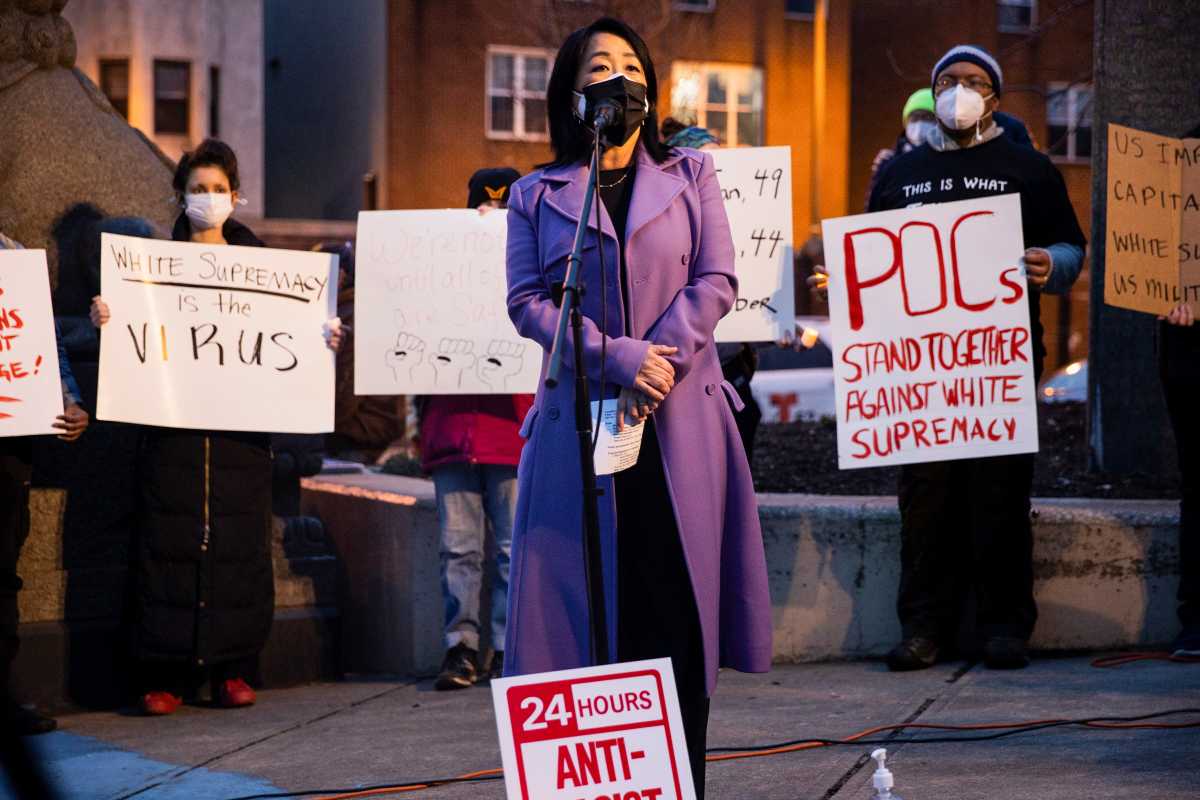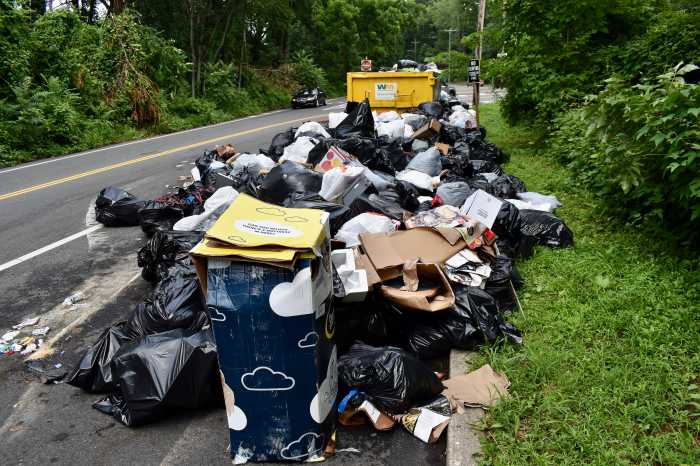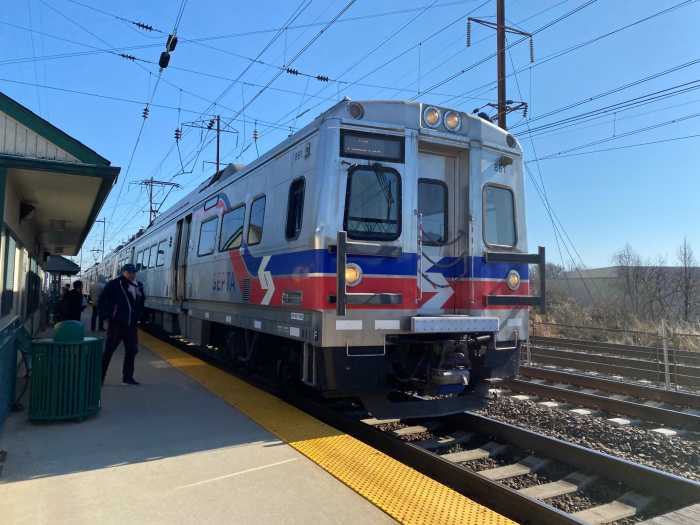By Makini Brice
U.S. lawmakers, professors and actor Daniel Dae Kim said the Asian-American community was reeling from a year of heightened anti-Asian attacks in a congressional hearing held just days after the killing of six Asian women in Georgia.
Thursday’s hearing, which was scheduled before the attack, aimed to examine a spike in hate crimes against Asian Americans, which rose by 149% in 2020 in 16 major cities—including Philadelphia— compared with 2019, according to the Center for the Study of Hate and Extremism.
“Our community is bleeding, we are in pain and for the last year we’ve been screaming out for help,” Democratic Representative Grace Meng told the House of Representatives Judiciary Committee’s Subcommittee on the Constitution, Civil Rights and Civil Liberties.
Experts have linked the surge to the COVID-19 pandemic, which originated in China, after some Americans, including Republican former President Donald Trump, started calling the coronavirus the “China virus,” “the China plague” and even “kung flu.”
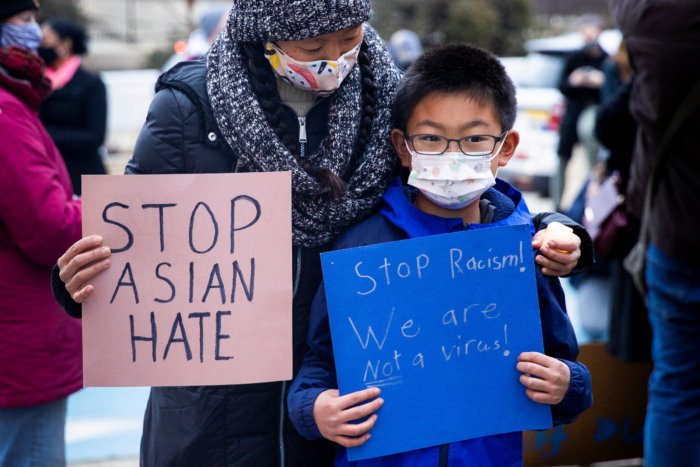
A 21-year-old white man has been charged with killing eight people, six of them Asian women, at three spas in the Atlanta area on Tuesday. Police are investigating motives and have not ruled out the possibility that the attacks were provoked, at least in part, by anti-immigrant or anti-Asian sentiments.
Philadelphians gathered Wednesday night during a vigil in Chinatown to mourn the victims of the Georgia spa shootings and to speak out against the rise in hate against the Asian American community.
“This mass shooting targeting Asian women is the latest escalation in the nation’s history of systemic racism and violence against Asian immigrants, fostered by a culture of white supremacy and misogyny that has long devalued the lives of immigrants, Black women and women of color,” City Councilmember Helen Gym (At-Large) said in a statement. “I grieve for the victims, for their families, and for countless others who have suffered discrimination and brutality. I stand united with the Asian American Pacific Islander community as we demand justice for the victims, assistance for their families, remembrance for those lost to us long ago, and systemic change to protect women and immigrants for generations to come.”
The spike in anti-Asian American incidents in the past year included people being slashed with a box cutter, lit on fire and verbal harassment, Steve Cohen, the subcommittee’s Democratic chair, said.
“All the pandemic did was exacerbate latent anti-Asian prejudices that have a long, long and ugly history in America,” said Cohen.
Kim, best known for starring in the television series “Lost” and “Hawaii Five-0,” called on lawmakers to pass legislation to fund groups that provide counseling to victims of hate crimes and improve data collection for hate crime reporting.
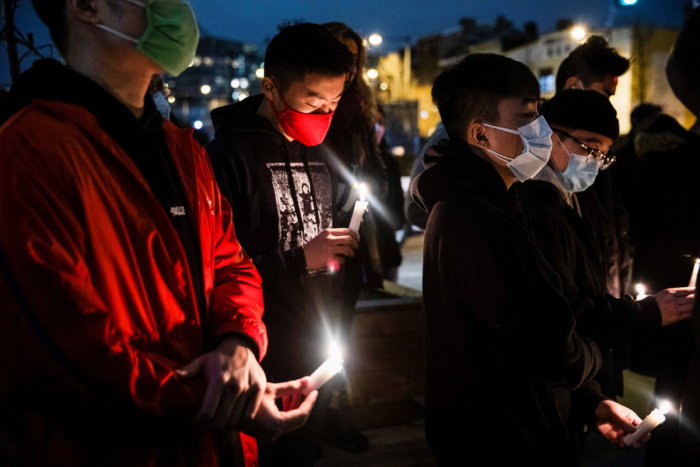
“What happens right now and over the course of the coming months will send a message for generations to come as to whether we matter, as to whether the country we call home chooses to erase us or include us,” said Kim.
In the closely divided House, the hearing quickly lapsed into partisan politics.
In a sprawling opening speech, Republican lawmaker Chip Roy said the subject matter was important, but then moved on to attacking China’s treatment of its Uighur community and handling of the coronavirus.
He added he hoped the hearing would address how affirmative action policies by U.S. universities hurt Asian Americans.
Repeatedly, Democratic lawmakers referred to Roy’s comments in their own statements.
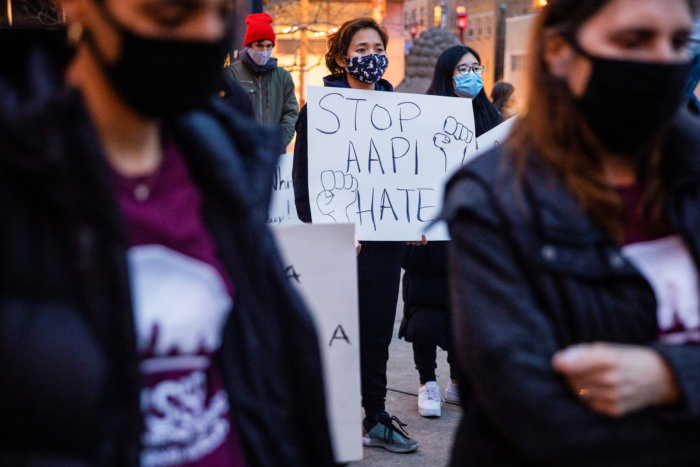
“Your president and your party and your colleagues can talk about issues with any other country that you want, but you don’t have to do it by putting a bull’s eye on the back of Asian Americans across this country, on our grandparents, on our kids,” said Meng.
White House spokeswoman Jen Psaki said U.S. President Joe Biden, who will be meeting with Asian-American leaders on Friday in Atlanta, was determined to be “part of the solution, not part of the problem.”
Reuters
Metro staff contributed to this report.



